Research areas
Social inequality affects us all, worldwide. At ISI, it is not only researched, but actively scrutinized. Through international cooperation, innovative funding programs and a clear attitude: research must have an impact.
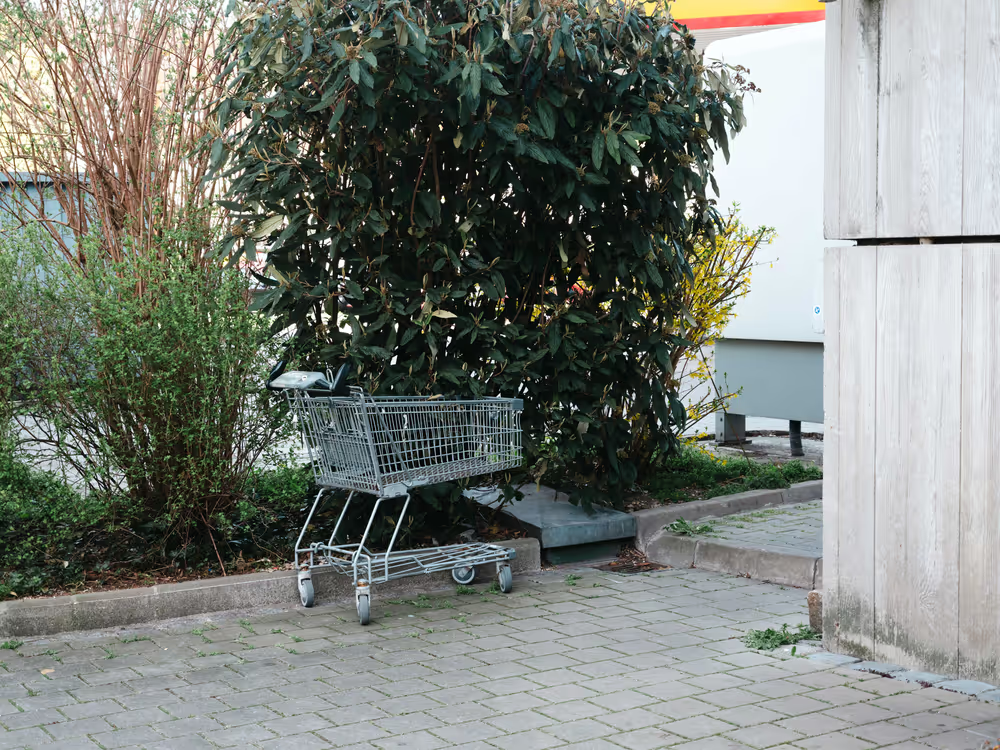
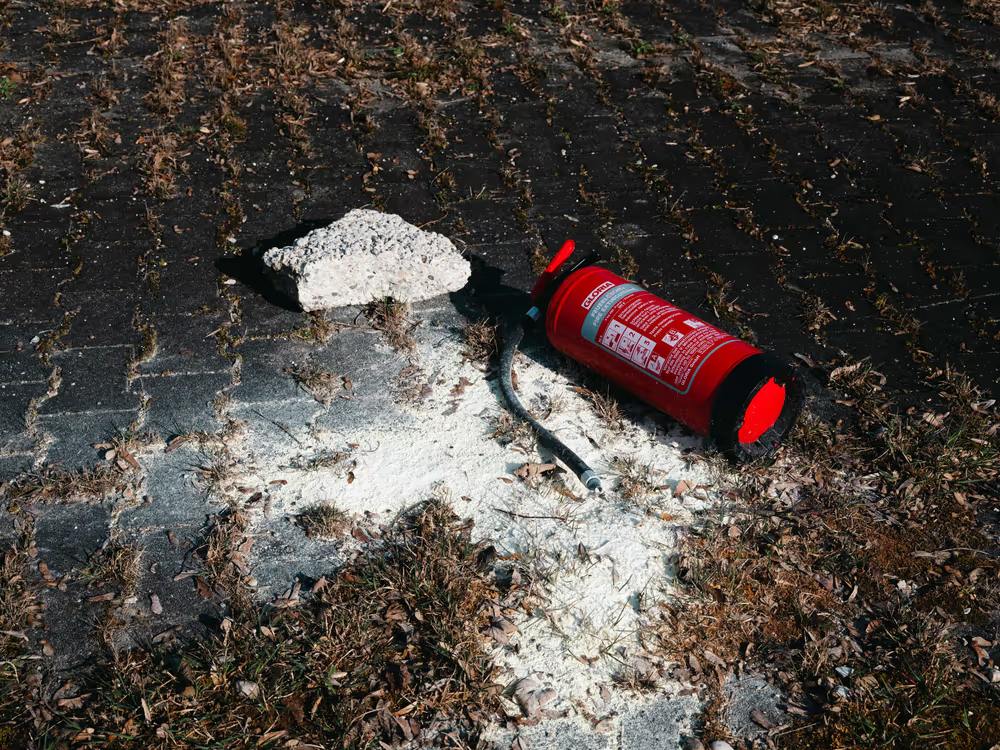
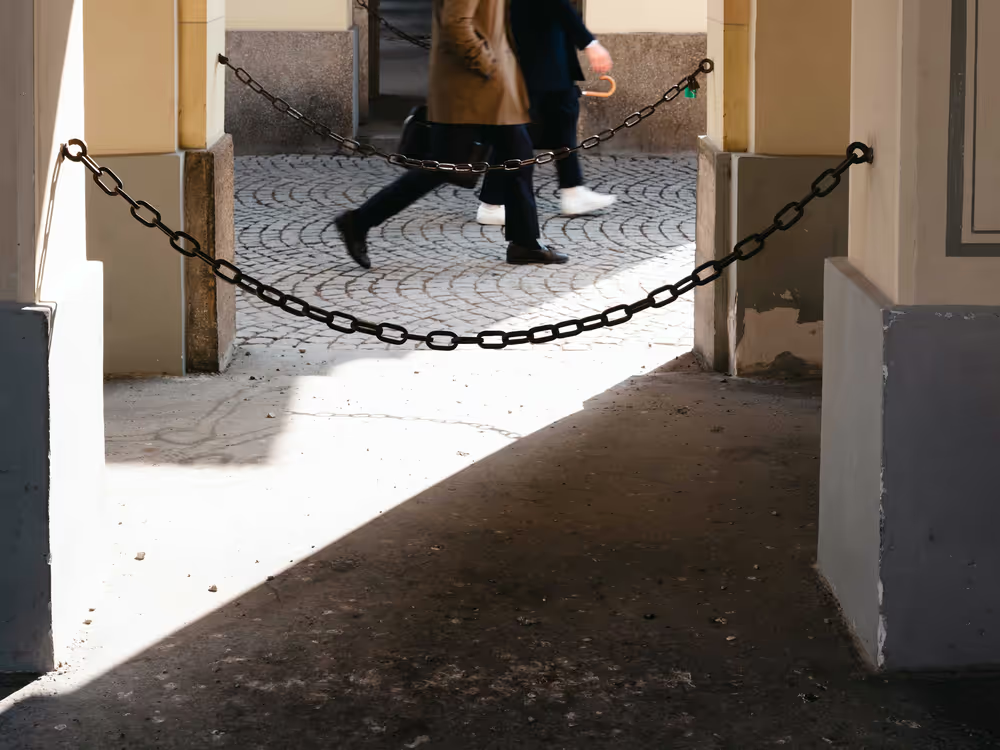
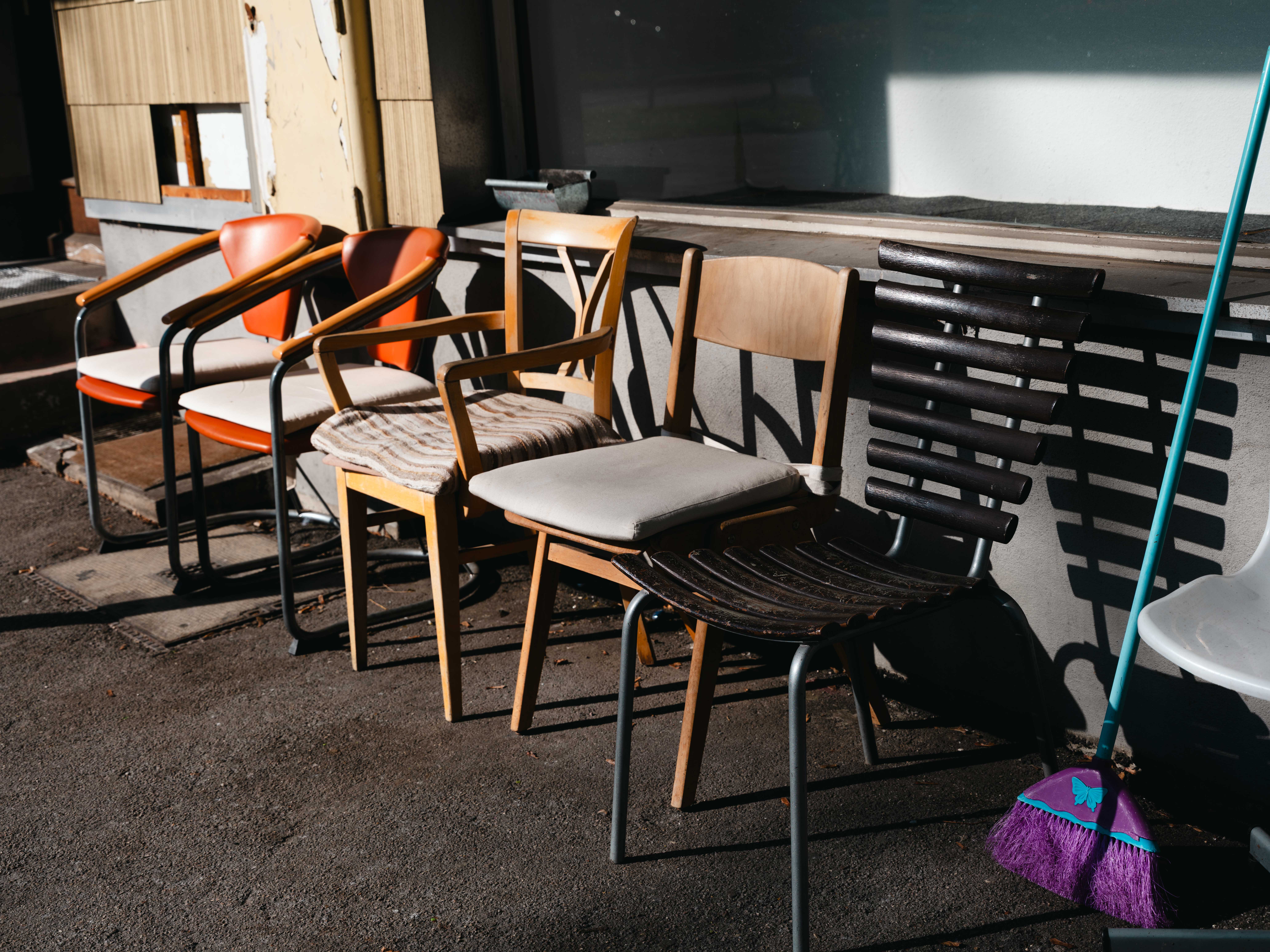
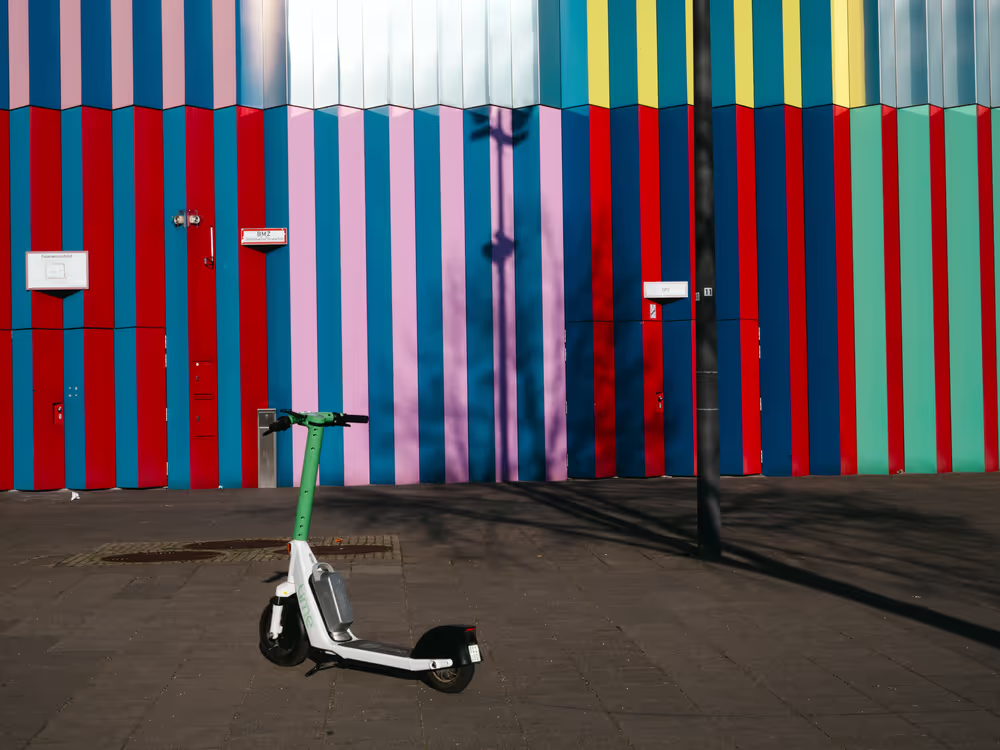

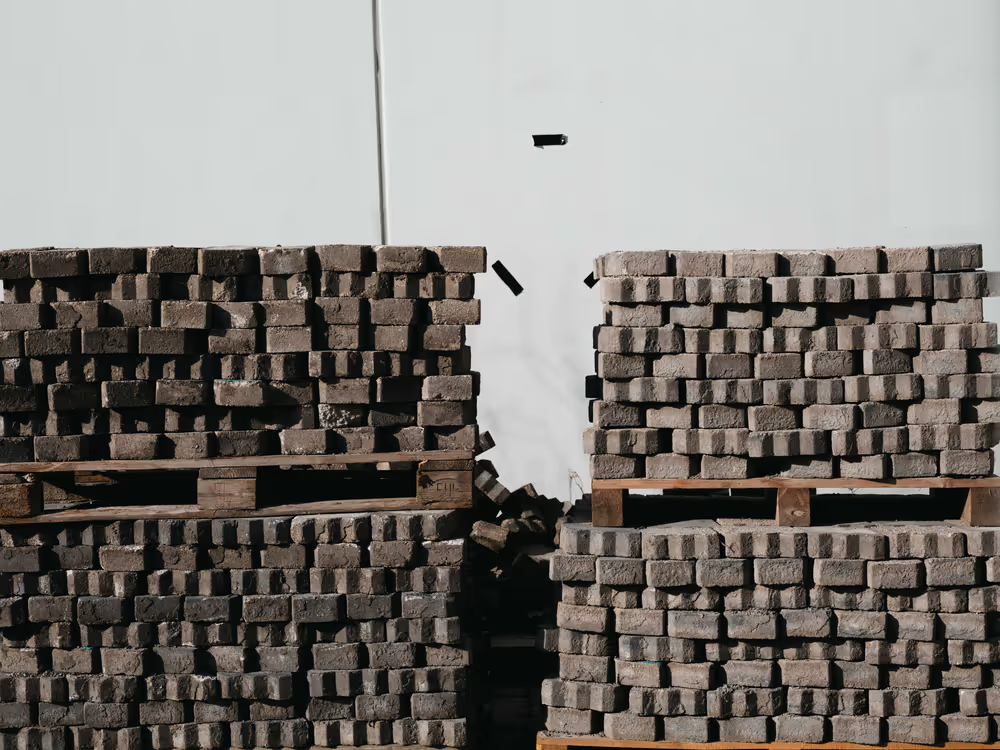
Rethinking inequality: Global research with impact
Social inequality affects us all, across the globe.
At ISI, it is not just studied but actively challenged.
Through international collaboration, innovative funding programs, and a clear commitment to impact, ISI connects scholars from around the world, fosters interdisciplinary exchange, and inspires ideas for a more just future. With initiatives like the Visiting Fellowship and the Pipeline Program, the institute supports emerging talent and builds bridges across generations, disciplines, and continents.
At ISI, research does not remain in the ivory tower. Findings are made accessible and brought into political, civic, and public debates.
Real change begins with knowledge that is shared.
Our research areas include:
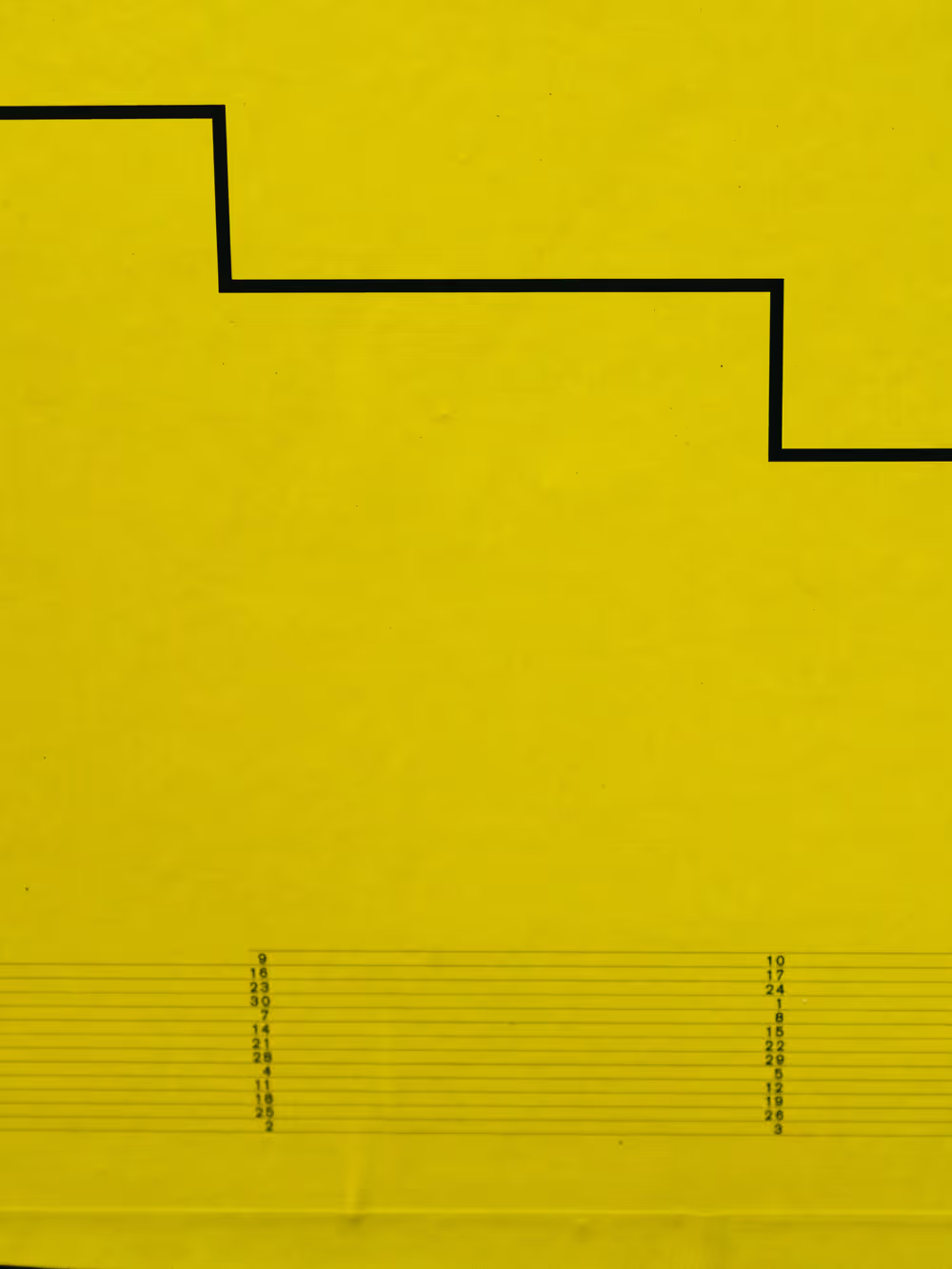
Basic research on social inequality
We investigate socio-economic inequality, especially wealth concentration, and aim to gain key insights into its extent, causes and consequences – on an interdisciplinary and international level.

Comparative research and real utopias
We research alternative policies and institutions designed to reduce inequality and promote the well-being of all. We combine a "real-utopian" perspective, which examines seemingly idealistic but practicable approaches, with comparative social research, which analyzes international and historical experiences.


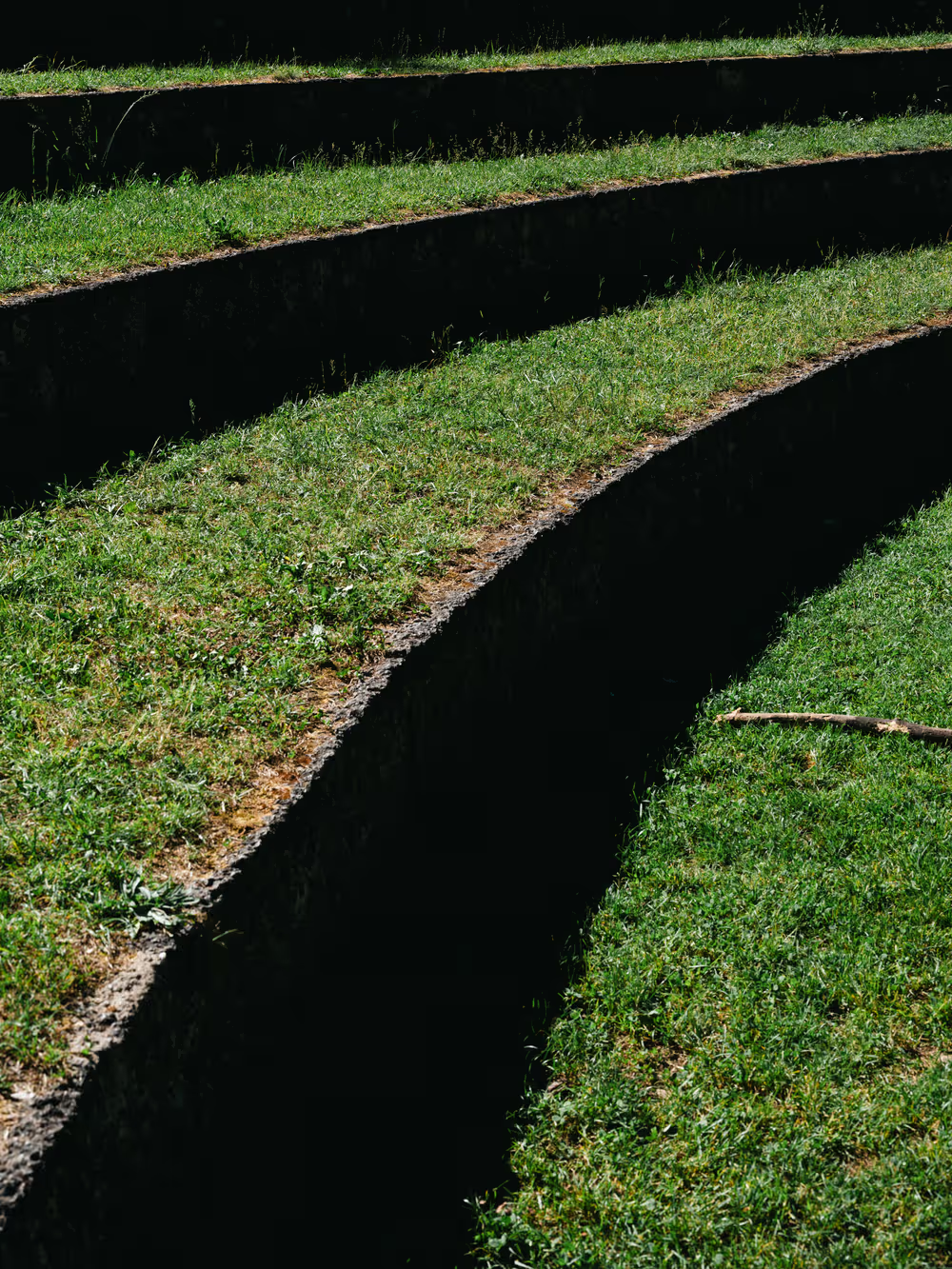

Data infrastructure for inequality research
We use a variety of data, especially tax and administrative data, to analyze inequality on an individual basis. At ISI, we promote their research and are building a global network of researchers.

Basic research on social inequality
We study various dimensions of socioeconomic inequality, with a particular focus on wealth concentration. Our goal is to generate fundamental insights into inequality—its extent, trends, determinants, and consequences. We take an interdisciplinary and international approach, drawing on diverse perspectives and methods to deepen our understanding of this complex issue.

Data infrastructure for inequality research
The analysis of inequality relies on a wide range of data sources. Recent major advancements in this field have been driven by administrative data, including tax records, which are often used in combination with other datasets. At ISI, we are committed to advancing the use of tax data and other administrative sources for individualized analyses of inequality. We also aim to expand the global community of scholars working on related research projects.
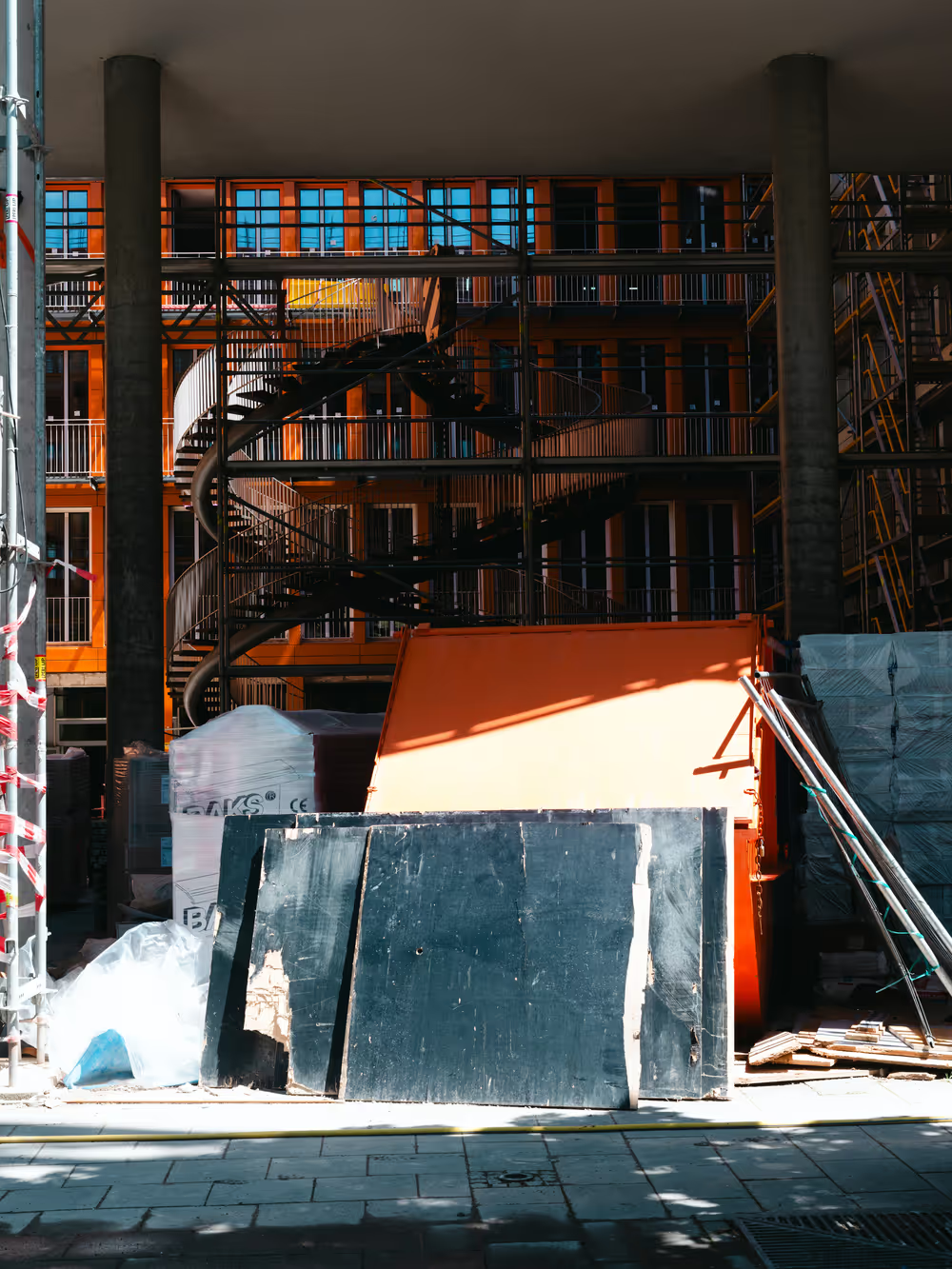
Comparative research and real utopias
We explore alternative policies and institutions that aim to reduce inequality and promote human well-being for all. Our approach utilizes two complementary perspectives: First, we adopt a "real-utopian" perspective that considers policy interventions or institutional alternatives that may seem idealistic at first glance, but may prove viable upon closer examination.
This means that we apply social science methods to assess what might work in practice, regardless of current policy feasibility. Often, alternatives seem utopian because our perspectives are shaped by the prevailing status quo of our time and place. Second, we engage in comparative social research, using both international and historical comparisons to document the successes and challenges of alternatives to existing policies and institutions.